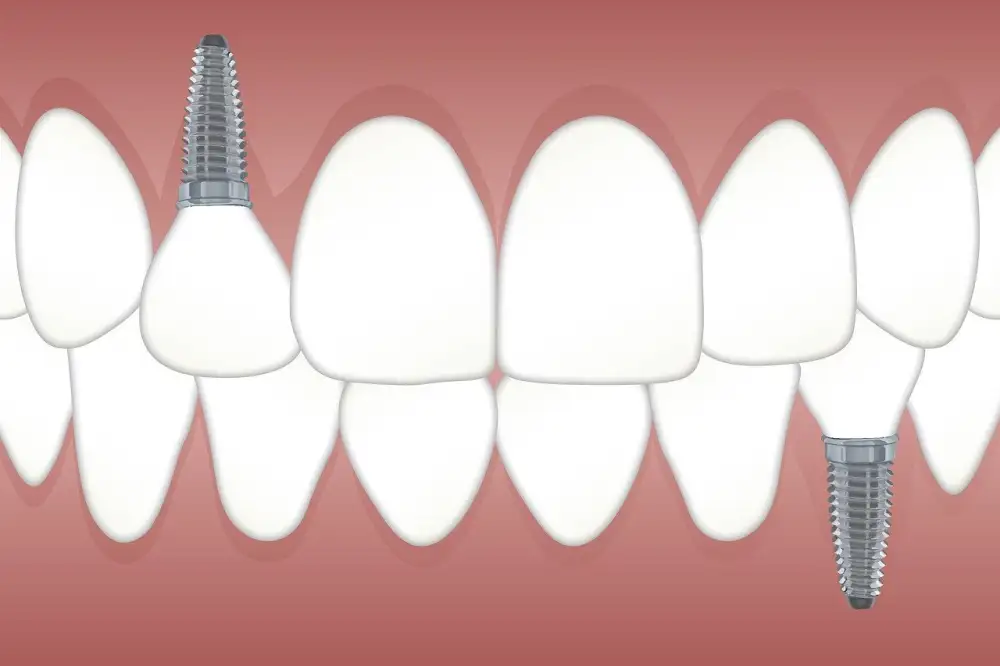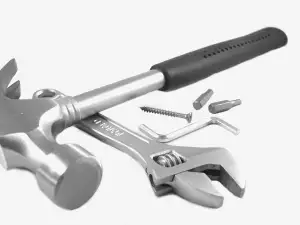Unveiling the Latest Developments in the Latera Implant Lawsuit: Health Edition

The Latera implant lawsuit has garnered significant attention in the healthcare industry due to its implications on patient safety and medical device regulation. The lawsuit revolves around the use of Latera nasal implants, which are designed to treat nasal airway obstruction by supporting the lateral nasal wall. Allegations have surfaced regarding the safety and efficacy of these implants, prompting legal action and raising concerns about potential risks associated with their use. This ongoing legal battle highlights the importance of rigorous testing and monitoring of medical devices to ensure patient well-being.
Background on Latera Nasal Implants
Latera Nasal Implants are a type of medical device designed to treat nasal airway obstruction, particularly related to nasal valve collapse. The implants are made of a bioabsorbable material and are placed inside the nasal wall to provide structural support and improve airflow. Approved by the FDA in 2016, these implants were marketed as a minimally invasive solution for patients experiencing breathing difficulties due to nasal issues. Despite their initial promise, concerns have emerged regarding their safety and efficacy, leading to the filing of lawsuits against the manufacturer.
Allegations in the Lawsuit
The lawsuit against Latera Implants alleges that the company failed to adequately warn patients and healthcare providers about potential risks associated with their nasal implants. Plaintiffs claim that the implants have caused severe complications such as migration, extrusion, and infection. Additionally, it is alleged that Latera Implants engaged in deceptive marketing practices by downplaying the risks and exaggerating the benefits of their products. These allegations have raised concerns about patient safety and the ethical responsibilities of medical device manufacturers.
Legal Proceedings and Court Decisions
The Latera implant lawsuit has progressed through various legal proceedings, with plaintiffs alleging that the nasal implants caused serious health complications. Recent court decisions have allowed the lawsuit to proceed to trial, where both sides will present evidence and arguments. The court will ultimately determine whether the allegations against the manufacturer of Latera implants hold merit based on the presented facts and expert testimonies. These legal developments are closely monitored by healthcare professionals, patients, and stakeholders in the industry as they could set important precedents for future cases involving medical devices.
Impact on Patients and Healthcare Industry
The Latera implant lawsuit has raised concerns among patients who have undergone nasal implant procedures. Many patients are now questioning the safety and efficacy of these implants, leading to a decrease in trust towards such medical devices. Additionally, healthcare providers are reevaluating their practices and considering alternative treatment options for nasal conditions. This lawsuit has highlighted the importance of thorough research and regulation in the medical device industry to ensure patient safety and well-being. The impact of this legal case on patients and the healthcare industry serves as a reminder of the need for transparency and accountability in providing medical treatments.
**Conclusion and Future Implications**
In conclusion, the Latera Implant Lawsuit has brought to light important concerns regarding the safety and efficacy of nasal implants. While legal proceedings are ongoing, it is crucial for patients to stay informed and consult with healthcare professionals about any potential risks associated with such medical devices. The outcome of this lawsuit could have significant implications for the healthcare industry, potentially leading to stricter regulations on implantable devices and increased transparency in reporting adverse events. Moving forward, it is essential for both manufacturers and regulatory bodies to prioritize patient safety and ensure that all medical interventions meet the highest standards of quality and effectiveness.
Published: 12. 04. 2024
Category: Health



